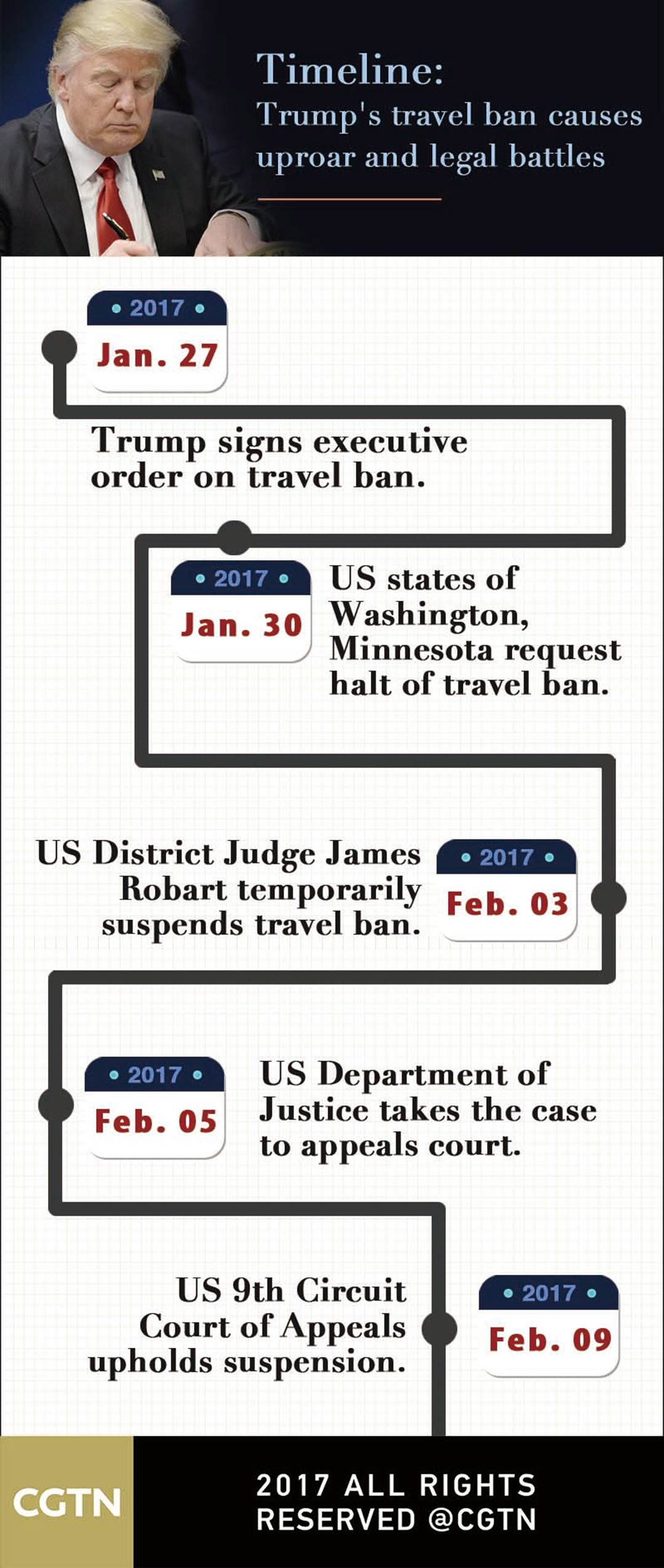The US Court of Appeals for the Ninth Circuit on Thursday upheld a temporary suspension of President Donald Trump’s executive order banning the entry of refugees and nationals from seven predominantly Muslim countries.
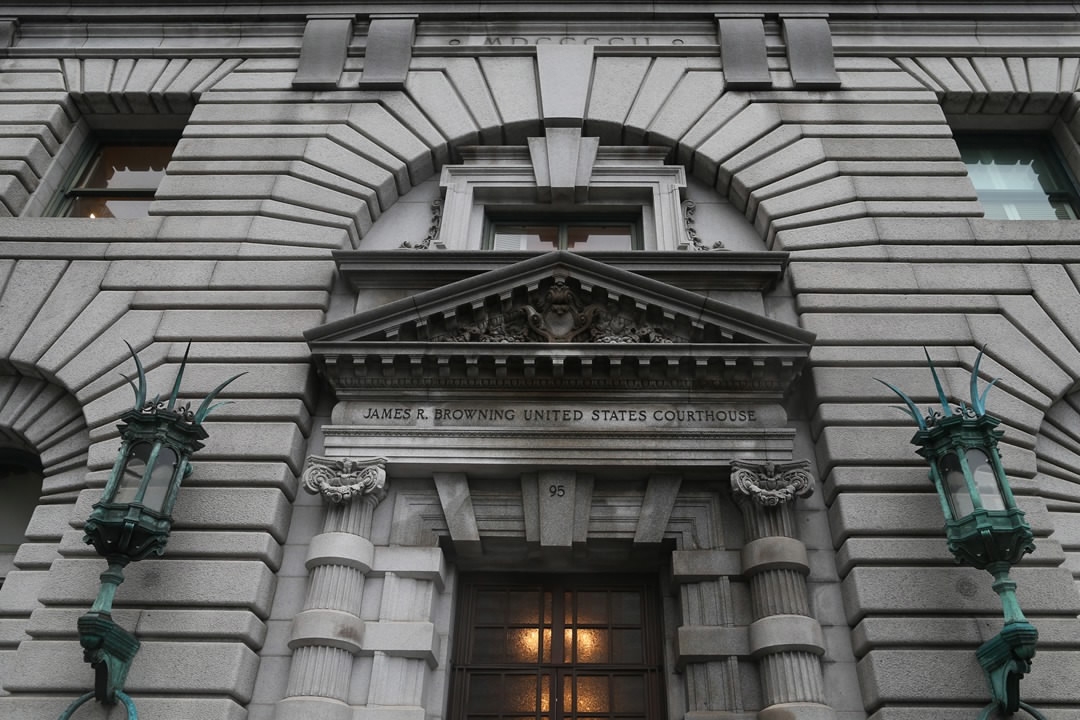
The outside of the federal appeals court on the day it ruled against lifting the stay on US President Donald Trump's travel ban in San Francisco, California on February 9, 2017. /CFP Photo
The three judge panel of the appeals court unanimously ruled that the US Department of Justice (DOJ) failed to show evidence that a terror threat justified the ban, and said the DOJ merely argued it was unnecessary to review the executive order as the president should have "unreviewable authority" when setting immigration policy.
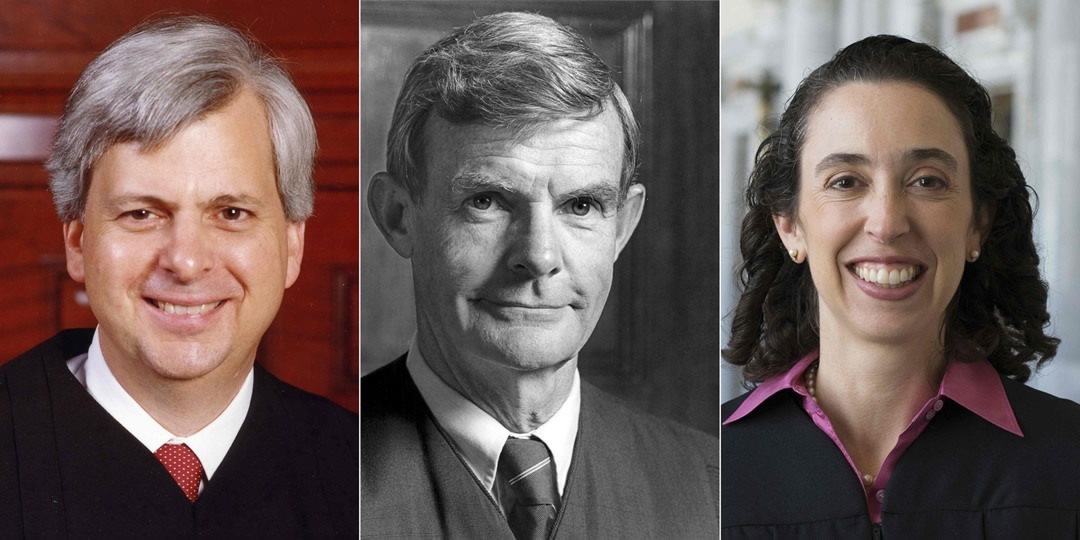
From left to right: Judge Richard Clifton, Judge William Canby and Judge Michelle Friedland from the Ninth Circuit Court of Appeals in San Francisco. /CFP Photo
Almost immediately, Trump took to Twitter to respond, saying “See you in court, the security of our nation is at stake!” He characterized the ruling as “a political decision” when speaking to reporters in the West Wing shortly after the outcome.

Twitter Photo
Legal experts are expecting the case to go to the US Supreme Court, the final engagement of the legal battle, where the constitution would be interpreted to provide a final judgement on the tussle over Trump's controversial executive order.
The Supreme Court has had a vacancy since the death of Antonin Scalia a year ago, and Trump nominated Neil Gorsuch on February 1 to fill the vacancy. If Gorsuch is confirmed for the position, conservatives will make up a majority among the nine Supreme Court justices.
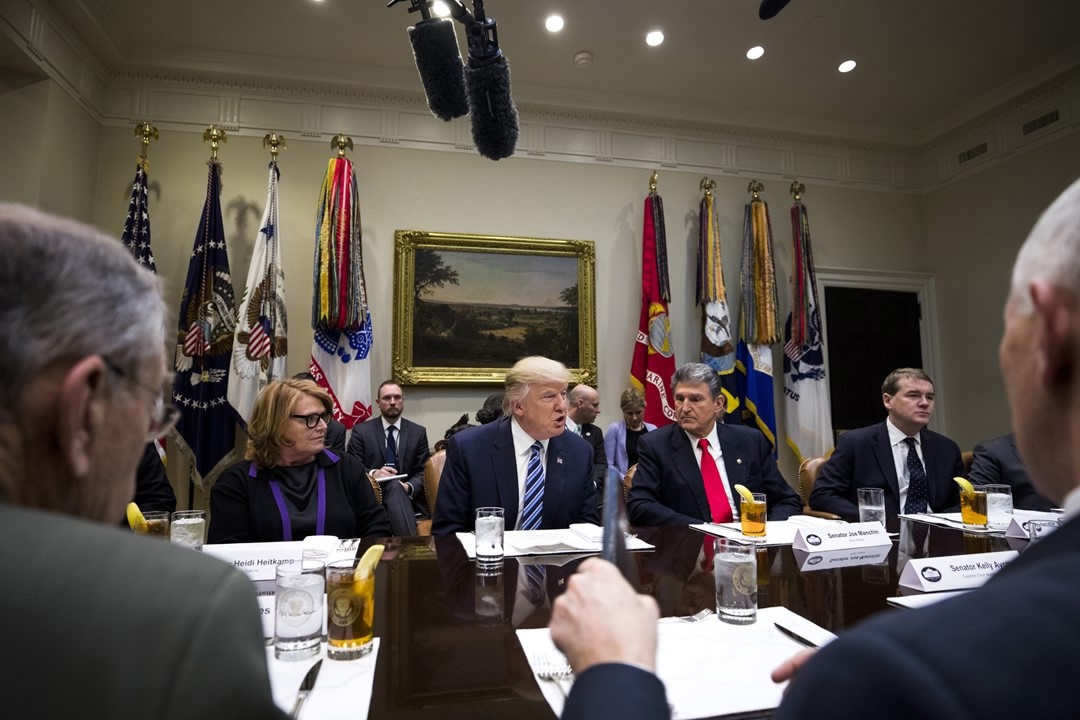
US President Donald Trump speaks during a listening session urging senators to confirm Neil Gorsuch as Associate Justice of the Supreme Court, in the Roosevelt Room of the White House in Washington, DC, on February 9, 2017. /CFP Photo
Gorsuch’s nomination is however awaiting approval in a slow process of being sworn in, and Trump is counting on him to tip the majority in the court in his favor. However, Gorsuch on Wednesday called the president’s recent attacks on the judiciary “demoralizing and disheartening,” in a meeting with Democrat Senator Richard Blumenthal.
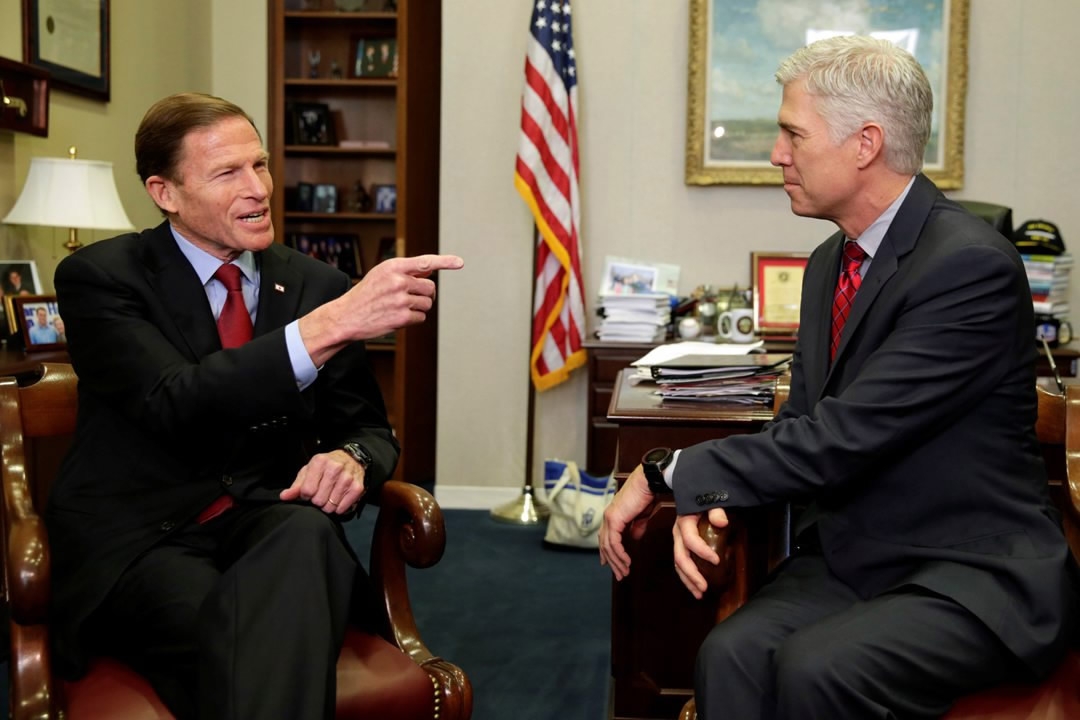
US Supreme Court nominee Judge Neil Gorsuch (R) meets with Senator Richard Blumenthal on Capitol Hill in Washington, US, February 8, 2017. /CFP Photo

Twitter Photo
Trump called the judicial proceedings of the federal appellate judges “disgraceful” and described the courts as “so political.” The remarks followed the president’s Twitter attack on February 4 against Seattle district court judge James Robart's move to issue a restraining order on the travel ban.

Twitter Photo
The ban was first filed by lawyers from Washington and Minnesota states on January 30, and US District Judge James Robart temporarily suspended Trump's controversial order on February 3, to investigate whether or not it violated the constitution. The DOJ quickly lodged its case against the restraining order with the appeals court.
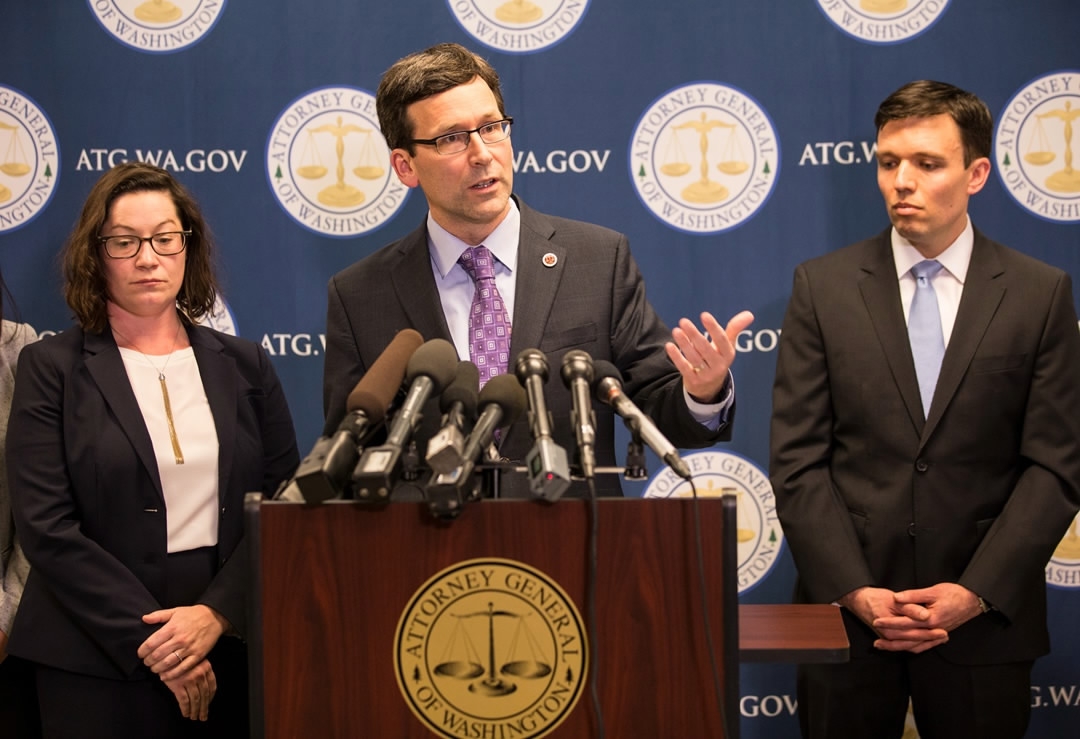
Washington state Attorney General Bob Ferguson speaks during a press conference at his office on February 9, 2017 in Seattle, Washington. /CFP Photo
Trump's January 27 executive order barred entry for citizens from Iran, Iraq, Libya, Somalia, Sudan, Syria and Yemen for 90 days and imposed a 120-day halt on all refugees, except refugees from Syria who are barred indefinitely.
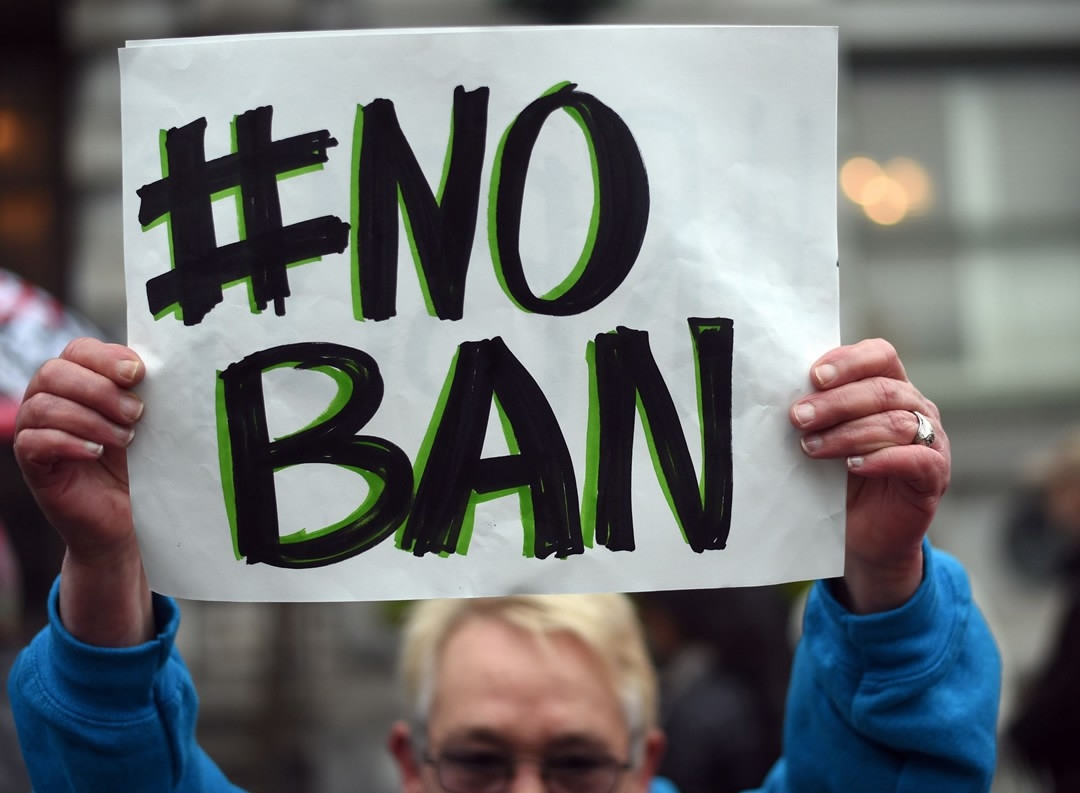
A protester holds up a sign in front of the United States Court of Appeals for the Ninth Circuit in San Francisco, California on February 7, 2017. /CFP Photo
Apart from a possible failure in the Supreme Court, other outcomes include a block by Congress, the establishment of new laws, limits on financial support for the ban, as well as the natural death of the ban at its expiration.
